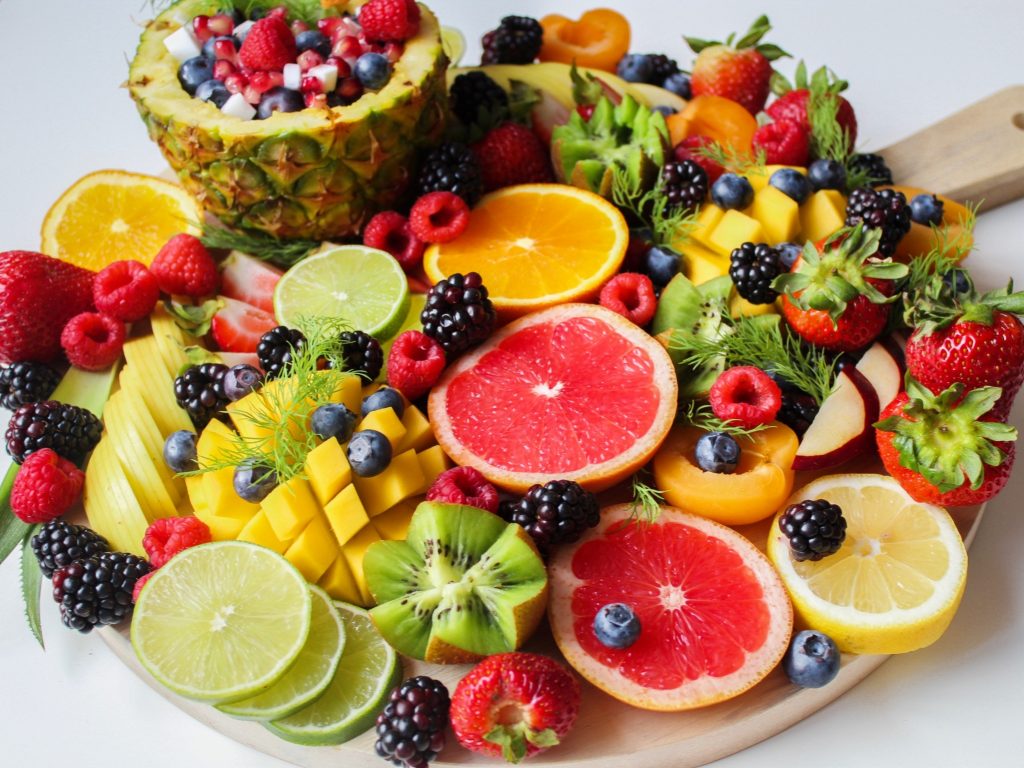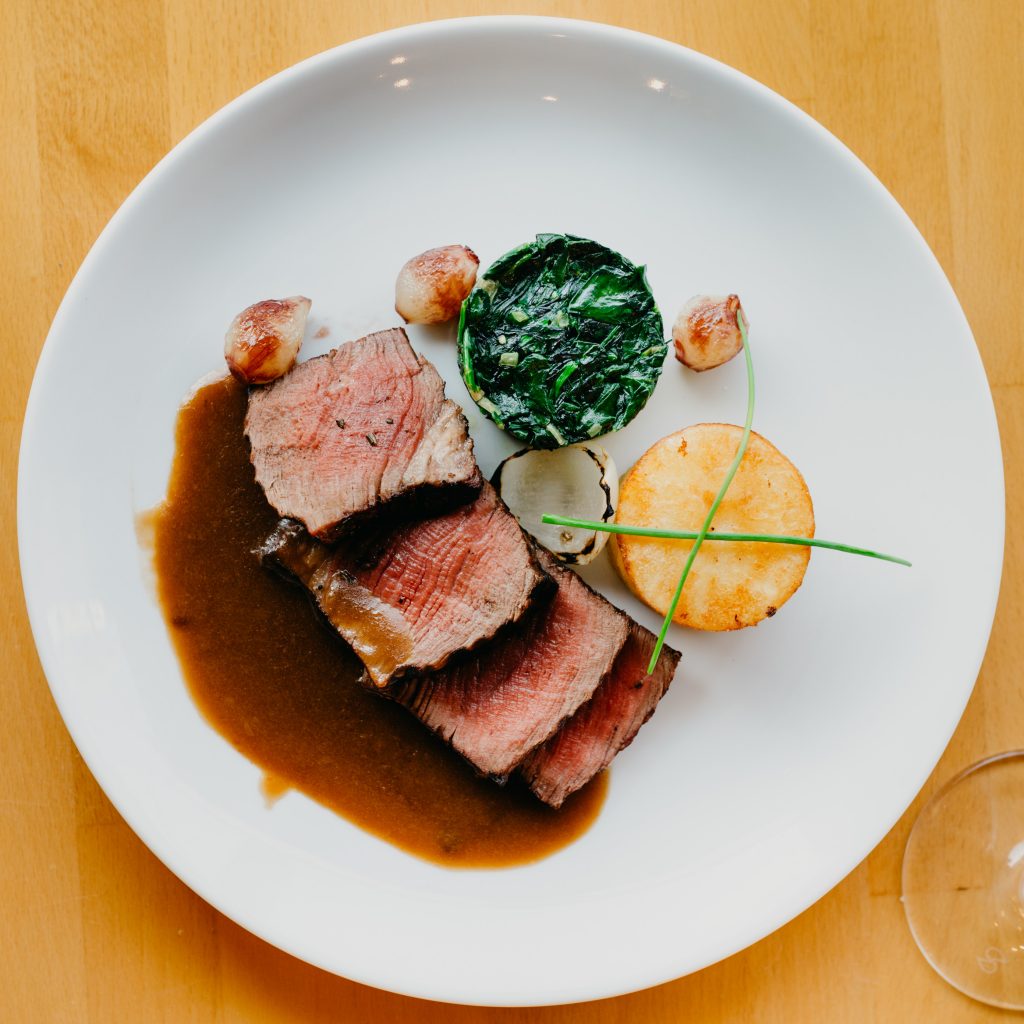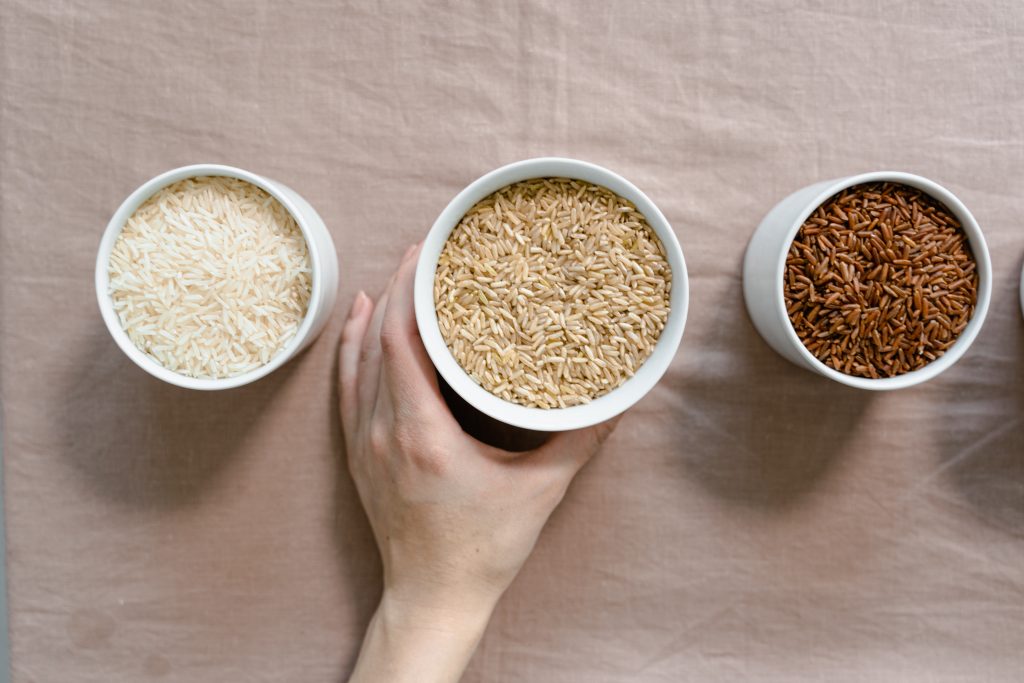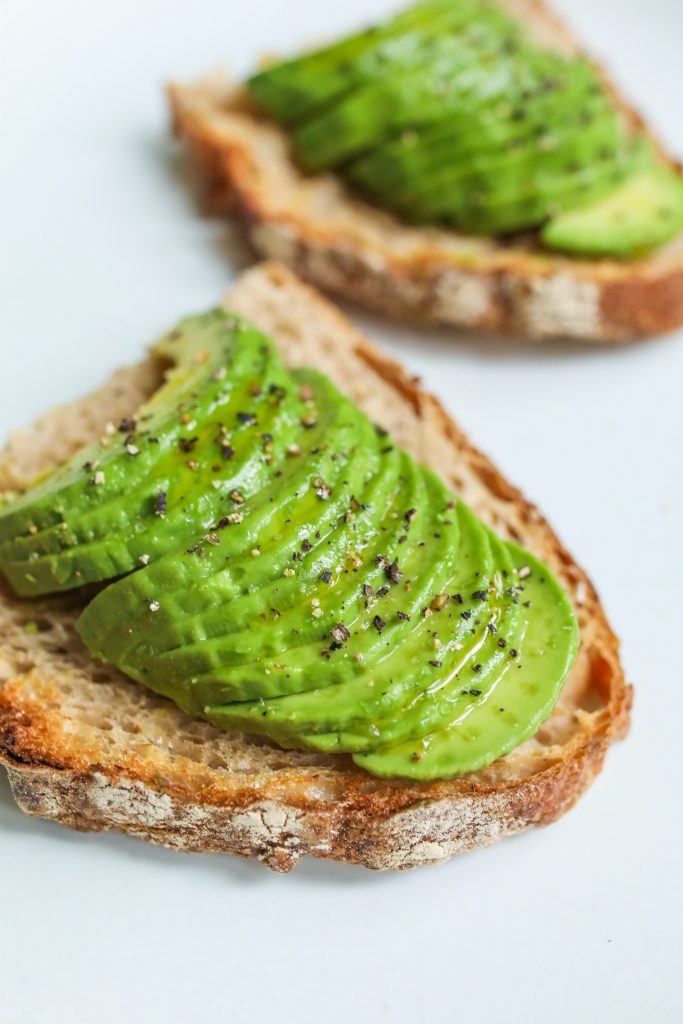New year, new resolutions… January is viewed as a spring clean month where many of us declutter our living space and get back to being “healthy” after the festive period. A common misconception is that to be ‘healthy’ you should only eat fruit and vegetables. Although they are essential, being healthy is all about having the right number of foods from different groups: a balanced diet. Without good nutrition, our bodies are more prone to diseases, infection, and fatigue so it’s important to be reminded which foods are the best source of nutrition and why! This could inspire you to get creative in the kitchen…
Fruit and Vegetables
It is recommended that you eat 5 portions a day of these. Although fruits are high in sugar, it also provides fibre, which means it’s less likely to cause your blood sugar to spike as quickly as processed sugary snacks. You also get plenty of vitamins, antioxidants and minerals from them too. Bananas for example are a great source as they are rich in potassium which help your nerves to function, muscles to contract and maintain regular heartbeat.
Alongside fruit, you should be eating plenty of vegetables every day. Try to include different colours and types of vegetables and ensure you get plenty of leafy greens. Spinach, Kale and Bok Choy are among these nutritional powerhouses as they are packed with Vitamin B and calcium which help lower cholesterol and improve bone health. This is also ideal for those who cannot get calcium from dairy sources!

Proteins
Our body needs protein for muscle maintenance and development as well as for healing after any damage. Sources of protein including meat and eggs are great as its filled with iron, zinc and B12 which play an essential role in the formation of red blood cells and improving nerve function.
You can find protein in the other sources including Beans, Pulses, Nuts, Lentils, so on, ideal for vegans!

Carbohydrates
Carbohydrates are the body’s main energy source alongside protein and fat. The body breaks carbs down into glucose which is then used to fuel our cells, tissues, and organs.
When carbs are not available to the body for energy, fat becomes the preferred source. Therefore, people who are trying to lose weight will often lower their intake of carbohydrates so that the body gains energy from fat reserves instead. Having carbs in your diet will also prevent protein from being burned so it can be used to build and repair!
There are many sources of carbs however it is best to choose wholegrain or wholemeal varieties of this such as brown rice, wholewheat pasta, high fibre breads and cereal.

Fats/Oils
This may come as a surprise, but healthy fats are actually essential for a balanced diet. The body needs small amounts of this as a source of essential fatty acids, which we cannot make ourselves.
A good way to incorporate this is into our diet is cooking with unsaturated oils like extra virgin olive oil or sunflower oil. Food sources include Dark Chocolate, Chia Seeds, Avocados, Nuts, Seeds and Fish. Remember, the less processed an item is, the more nutritional value it’s likely to hold!

